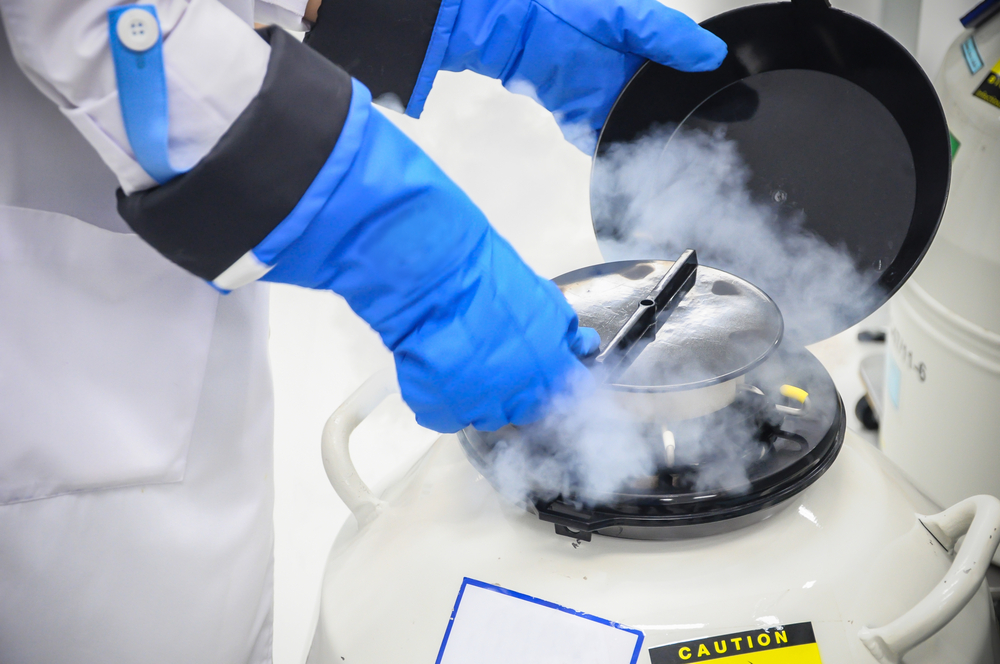Why Would I Freeze My Eggs?
Women freeze their eggs for numerous medical and social reasons. If you would like to delay parenthood to focus on other areas of your life, it’s an excellent option. It’s also recommended for women undergoing certain cancer treatments that may affect fertility.
How Does Egg Freezing Work?
To begin the process, you have a series of hormone injections to make the ovaries release more eggs than usual (ovarian stimulation). Collecting as many eggs as possible improves the success rates for this procedure.
The actual egg collection is carried out with a needle, guided to the correct area with an ultrasound probe. It takes around 15-20 minutes to complete the procedure, which is performed under sedation. Ideally, this should result in a collection 10-12 eggs for freezing.
The majority of the water is removed from the eggs to reduce the chances of damage during the freezing process, after which they are stored in liquid nitrogen for up to 10 years.
Once you have decided that you would like to use your eggs, they are thawed through a carefully controlled process before being warmed up. The egg is then inseminated, embryos are created and inserted into your uterus. The rest of the pregnancy should continue normally.
Concept Fertility can help you extend or preserve your fertility period through egg freezing. Babies born through the freeze-thaw process are healthy, and success rates are high (depending on a range of factors such as number of eggs removed and age at the time of freezing).


